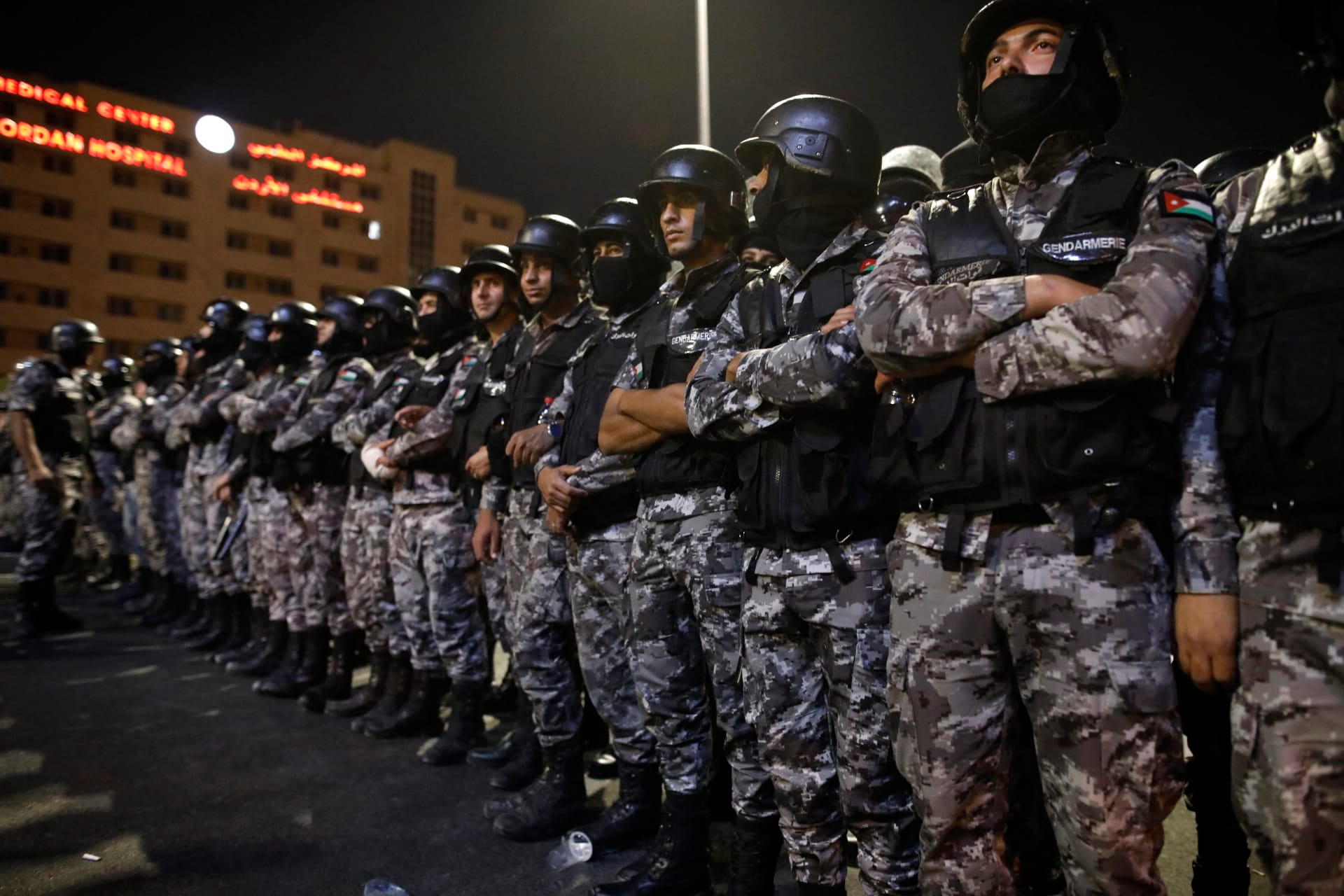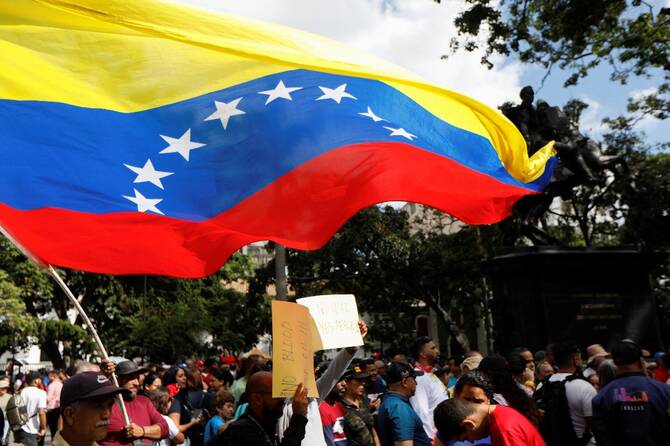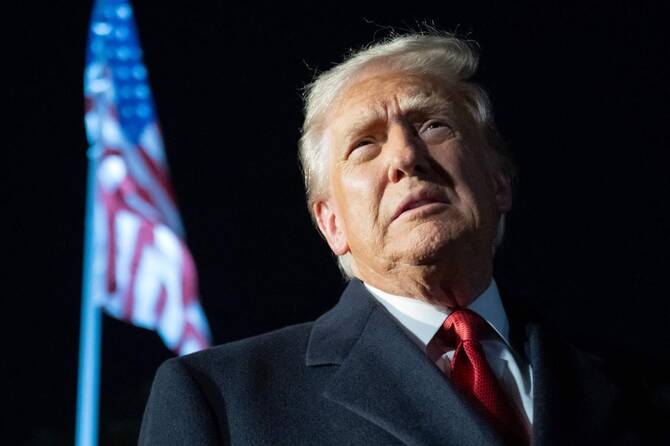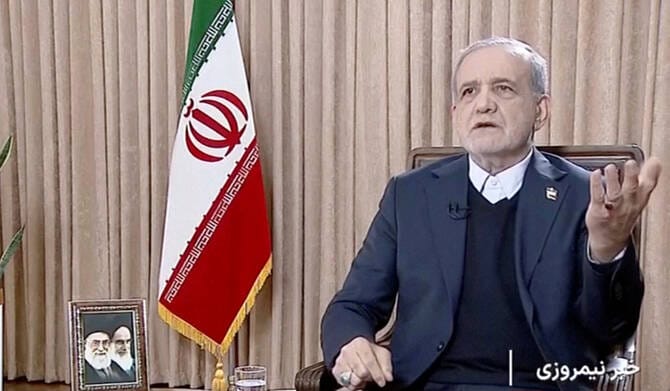Tehran Signals Deep Anxiety as Nuclear Talks Advance and Oversight Tightens
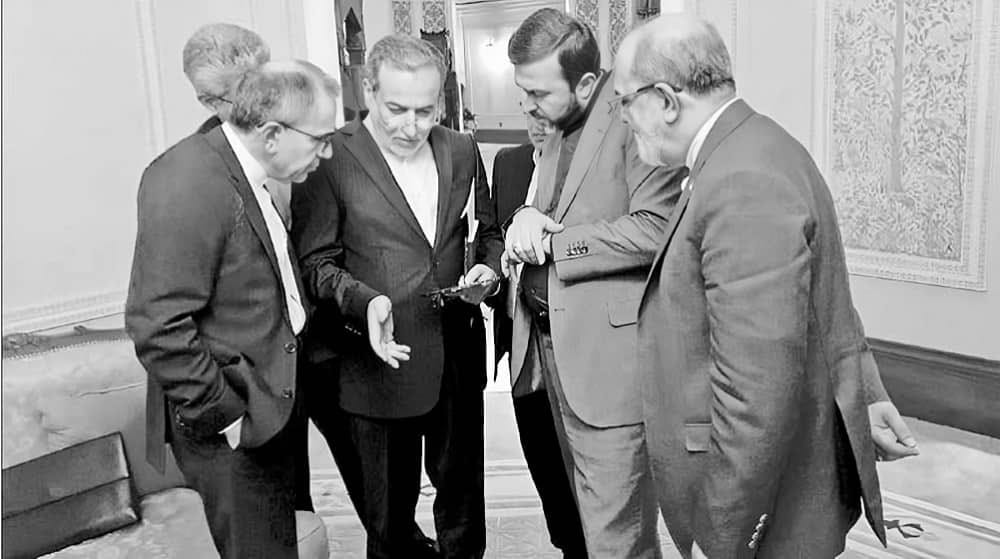
In a rare and increasingly panicked tone, Iran’s state media and nuclear officials have voiced mounting concern throughout nuclear negotiations with the United States. The regime is growing visibly alarmed that any concessions made in the talks could provoke internal instability and erode its strategic position, both domestically and regionally.
On June 27, the hardline Kayhan newspaper, closely aligned with the regime’s Supreme Leader Ali Khamenei, published a bold headline demanding clarity: “Five Rounds of Negotiation on Enrichment—Where is Sanctions Relief?!” The article criticized the Iranian negotiating team for failing to secure the lifting of sanctions and warned that talks have centered too narrowly on uranium enrichment without addressing Iran’s fundamental economic demands. It derided discussions of a “temporary agreement” as a repeat of the “disastrous” 2015 nuclear deal, pointing to the concrete poured into the Arak heavy water reactor as a symbol of irreversible loss.
At the heart of this anxiety is the regime’s recognition that any meaningful restrictions on its nuclear program would not only undercut its ability to develop a nuclear weapon—long viewed as a guarantor of regime survival—but also signal weakness to its own forces and regional proxies. Such a signal, officials fear, could invite rebellion or disengagement.
In parallel, the regime’s Foreign Minister Abbas Araghchi attempted to downplay speculation about ongoing diplomacy, insisting during his recent Oman visit that “this trip has nothing to do with negotiations,” even as backchannel discussions continue—underscoring Tehran’s desire to avoid any public perception of retreat or compromise.
Mohammad Eslami, head of the Atomic Energy Organization of Iran, underscored this sentiment by firmly rejecting foreign proposals to move enrichment activities abroad, calling enrichment the “foundation” of Iran’s nuclear industry and an untouchable “red line.” He compared the proposal to “allowing power lines but banning power plants,” asserting that without enrichment, Iran’s nuclear infrastructure would be hollowed out.
Eslami further claimed that Iran has no intention to weaponize its program and accused Western media and political circles of manipulating public opinion through “fabricated” information. He suggested that even if a deal is reached, the regime remains distrustful of Western inspectors, stating that acceptance of U.S. inspectors through the IAEA would only be reconsidered “if Iran’s demands are fully met.”
Compounding the regime’s fears is the upcoming report by Rafael Grossi, Director General of the International Atomic Energy Agency. Iranian state television characterized the document as “fateful,” warning it could either secure the permanence of UN Resolution 2231 or serve as a tool for Western powers to trigger a return of sanctions through the snapback mechanism.
Amid these warnings, Eslami took aim at the People’s Mojahedin Organization of Iran (PMOI), accusing the opposition group of decades-long “defamation” and “recycled lies” about Iran’s nuclear program. These statements, however, only drew renewed attention to the Iranian Resistance’s track record of exposing key undeclared nuclear sites, prompting international inspections.
Those revelations have taken on new relevance following the release of an Austrian intelligence report this week, which starkly contradicts U.S. intelligence assessments. The report, reviewed by Fox News, states that Iran’s nuclear weapons program remains active and is aimed at securing regional dominance and regime survival. It details how Tehran has built a sophisticated sanctions-evasion network and amassed a growing arsenal of ballistic missiles capable of carrying nuclear warheads.
The Austrian Directorate for State Protection and Intelligence wrote: “The Iranian nuclear weapons development program is well advanced… Iran is striving for comprehensive rearmament with nuclear weapons to make the regime immune to attack.”
This directly challenges the position of the U.S. Director of National Intelligence, who in March claimed there was no evidence of a reactivated nuclear weapons program. But according to nuclear expert David Albright, the Austrian findings align with long-standing assessments from German and British intelligence agencies, which have warned for years that Tehran never truly ended its pursuit of a nuclear weapon.
The Iranian regime has consistently concealed its intentions and capabilities. The PMOI and the broader Iranian Resistance have repeatedly warned the international community of Tehran’s duplicity. As new intelligence and old revelations converge, the clerical regime finds itself cornered—fearful not only of the negotiating table, but of what the truth may finally expose.


